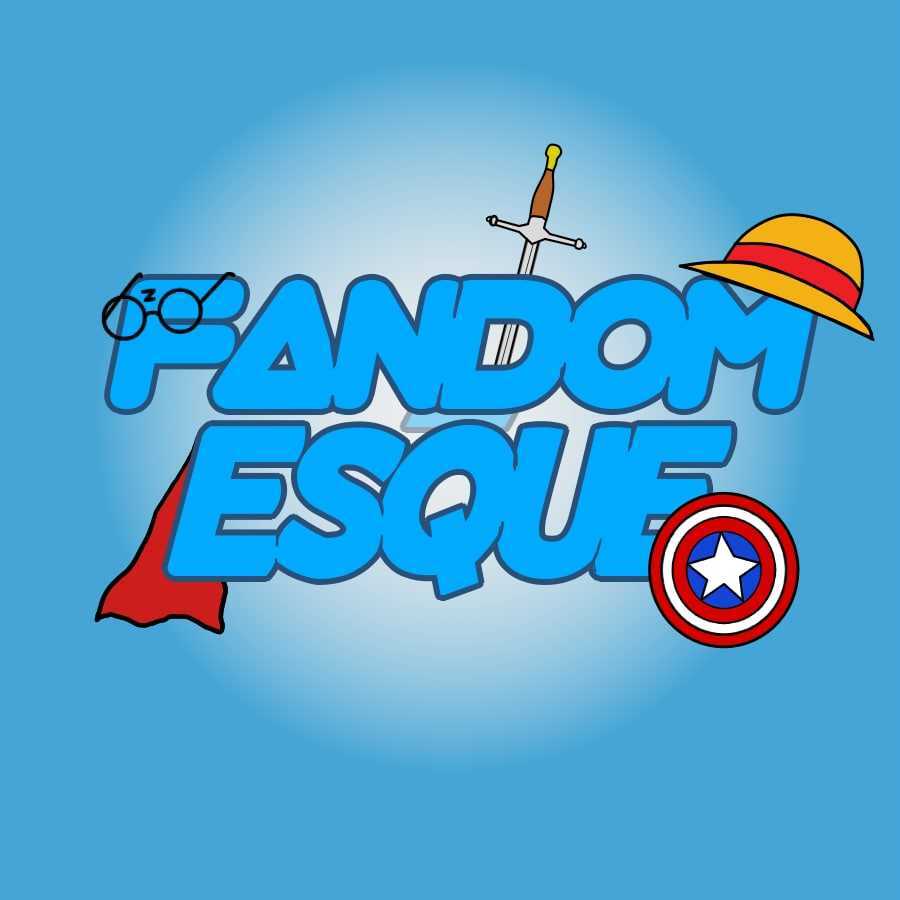Fandom-esque | Let’s define queerbaiting
Fandom-esque is a biweekly blog about the fandoms of the pop culture sphere and their latest ongoings in TV, film and more.
November 6, 2022
There’s a phrase that’s worked itself into Generation Z vernacular — “chronically online.” It’s a phrase my parents wouldn’t know what to do with, but they could probably gather that it isn’t a positive thing to say.
Urban Dictionary defines “chronically online” as someone who is “basically always on the internet and their entire existence revolves around being on the internet.”
As one can imagine, there are thousands of pointless debates happening on the internet every day — most of them don’t go anywhere — but recently one of these discussions gained traction, and had consequences in the real world.
Kit Connor, one of the lead actors in Netflix’s hit show “Heartstopper,” recently came out as bisexual on his Twitter account after he endured weeks of harassment from supposed fans who criticized him for supposedly playing a queer role as a “straight” actor.
They accused him of “queerbaiting,” and to say so is some chronically online nonsense.
Queerbaiting is a marketing technique creators typically use in television or movies to attract LGBTQ+ viewers where they hint at, but never make explicit, a queer romance or characters. “Fiction” is the important word here. Real people can’t queerbait you, because they don’t owe anyone an explanation of their sexuality.
https://twitter.com/kit_connor/status/1587218539236188160?s=20&t=GSCgIAQNBpEsqlgDdZm8hg
Connor ended his tweet with “I think some of you missed the point of the show,” which I must say hits the whole situation right on the nose. “Heartstopper” is based on a graphic novel series by Alice Oseman which focuses on the high school days of Nick Nelson and Charlie Spring, two queer boys coming to terms with their sexuality.
Connor’s character Nelson spends the first season of the show coming to terms with bisexuality and, most importantly, how and when he chooses to disclose this information to his family and peers.
So yes, these fans did not get the point.
Queerbaiting gets thrown around a lot in LGBTQ+ fandom circles online, a little too freely for my taste. While I’m always an advocate for more queer characters and storylines in entertainment, just because a character in a ship you like didn’t bat their eyelashes at your preferred love interest doesn’t mean you should go crying “queerbait.”
And let’s get this abundantly clear — real people cannot queerbait you. There is not one person on this Earth who owes you an explanation of their sexuality. Some people are open about it — I’ll be yodeling on the bisexual hill until the day I die — but for those who want to keep that part of their life private, that is completely valid as well.
Harry Styles is a great example. The former One Direction member has been at the mercy of the internet since his boyband days. One Direction fans are a breed of their own, and the kinds of things they write about and say to the band members make me nauseous if I think about them too hard.
Yes, Styles is a good-looking dude, and he’s pretty vocal about supporting the LGBTQ+ community, but he has never defined himself as a member of it. Yet the speculation persists. People have written him into about a million different fanfics as the edgy bad boy for their bun-toting OC or at the complete other end of the spectrum as a damaged star hiding away his gayness — often romantically paired with band member Louis Tomlinson.
And these “real person fictions” are not just left to the bowels of the internet, but put to film — like Anna Todd’s “After,” whose main character is based on Styles. So no, I don’t blame Harry for not wanting to talk about his romantic life or partners. Clearly the public has made their mind up about it already. There is some valid criticism of Styles’ emergence as a queer fashion icon, when actual queer people, specifically queer people of color, have worn similar clothes for decades without praise, but that still doesn’t require him to discuss his sex life with everyone.
I think it’s more valuable to criticize the writers on shows who actively queerbait. Disney does this literally all the time with the goal of gaining press and drawing in viewers. I swear, every new movie comes with a PR statement touting “Disney’s first out and proud [insert queer identity here] included in new movie!”
Every time that happens, whether it’s in “Star Wars: The Rise of Skywalker” or “Beauty and the Beast” or Pixar’s “Onwards,” it’s some piddly little character who gets no more than two minutes of screentime. The depiction is either not explicit enough, or carefully placed so that the scene can be edited out when screened in countries like Singapore.
There are, of course, the pillars of the queerbaiting phenomenon heralding back to the old Tumblr days like “Johnlock” and “Destiel” from the shows “Sherlock” and “Supernatural.” Those two ships demand their own articles to unpack, but the fact remains that queerbaiting refers to fictional characters.
I’ll hand out the protesting posters myself if you want to yell at the CW for all the shit they’ve pulled, but step your ass away from that keyboard if you’re thinking about harassing some poor teenage actor. Go touch some grass.



